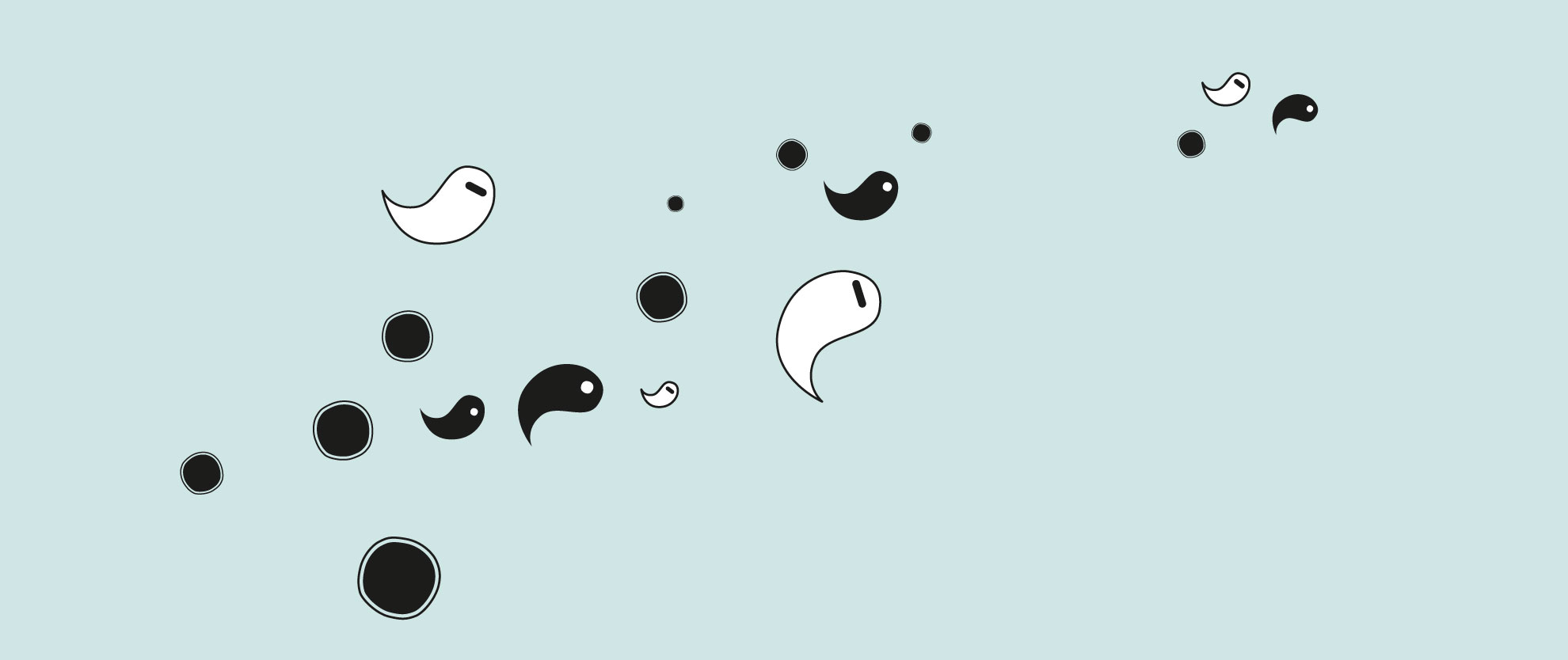Quantum physics games

Quantum physicists are looking forward to the November 30th, when the Big Bell test will take place. In order for the test to work, at least 30,000 volunteers will be sought to participate in an online game. The resulting data will be used for quantum physics experiments. The game is already online, so anyone can go online and familiarize themselves with it.
At LMU, the team around Professor Harald Weinfurter and Wenjamin Rosenfeld will participate in the Big Bell test. The LMU physicists are interested in the random data that will be generated by the players. They want to test the theory of Bell’s inequality. This theory was established in the 1960s by physicist John Bell, enabling the validity of fundamental assumptions of classical physics to be experimentally compared to those of quantum physics. The physicists will carry out measurements in two laboratories, 400 meters apart. They will use two atoms, bringing these into a so-called entangled state. In order to test Bell's inequality, one has to decide between different measurement settings. These decisions are to be made on the basis of the random data generated by humans via the online game.
Until now, inputs have been generated by means of random generators for such scientific experiments. By participating in the Big Bell test, quantum physicists hope for a neutral data base. “It's a completely different kind of randomness. This makes it interesting for us,” says Dr. Wenjamin Rosenfeld. “The difference between machine-generated random inputs, which are based on microscopic noise processes, and those generated by humans is most certainly great and not sufficiently understood. In any case, we hope for input that is independent of the actual experiment and independent from other input, since all these inputs come from different places around the world,” Rosenfeld continues.
The Big Bell test is coordinated by the Institute of Photonic Science (ICFO) in Barcelona. Alongside the LMU, several institutes around the world are participating, including ETH Zurich and the University of Queensland, Australia.
More information is available online at thebigbelltest.org.













